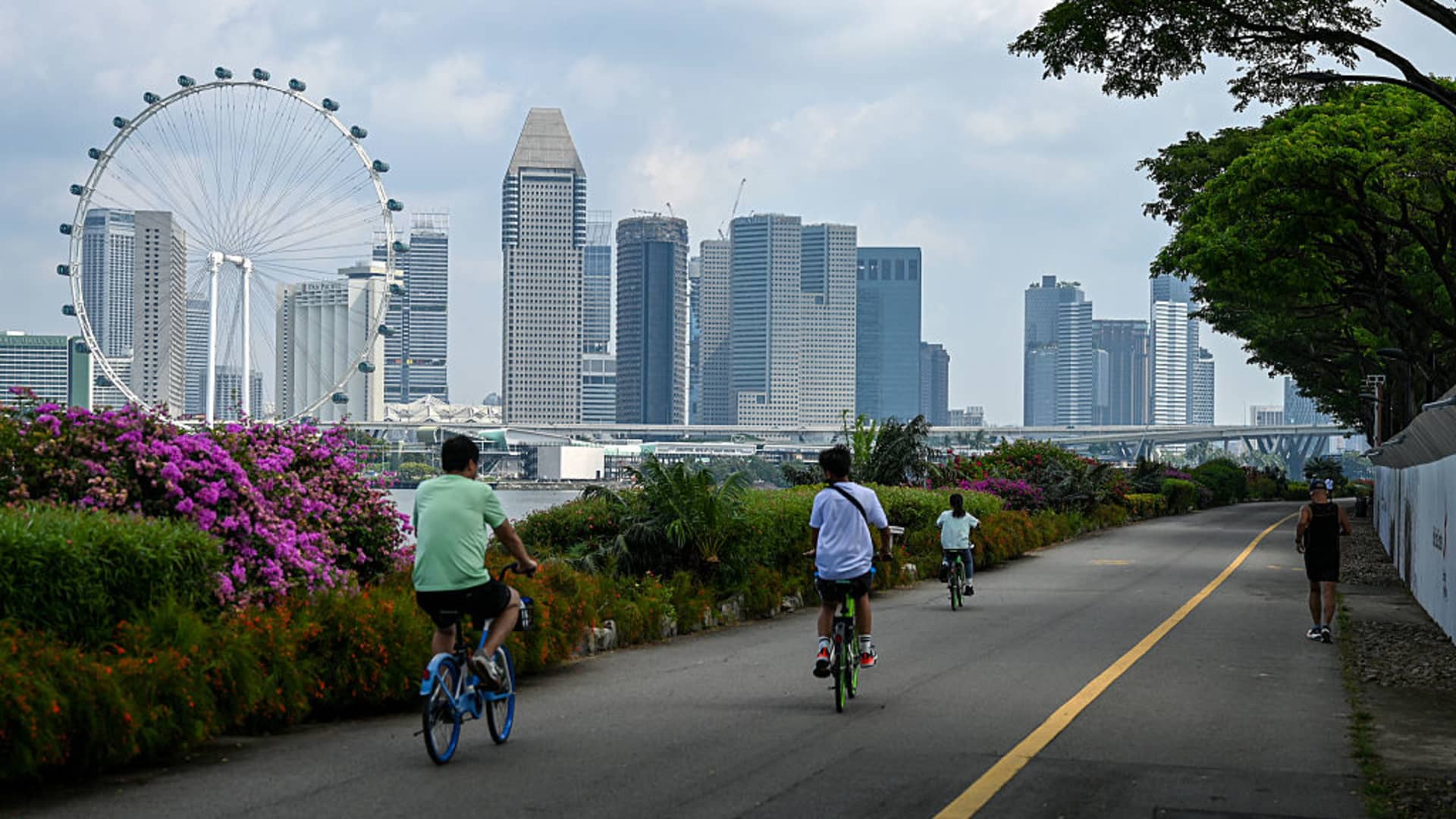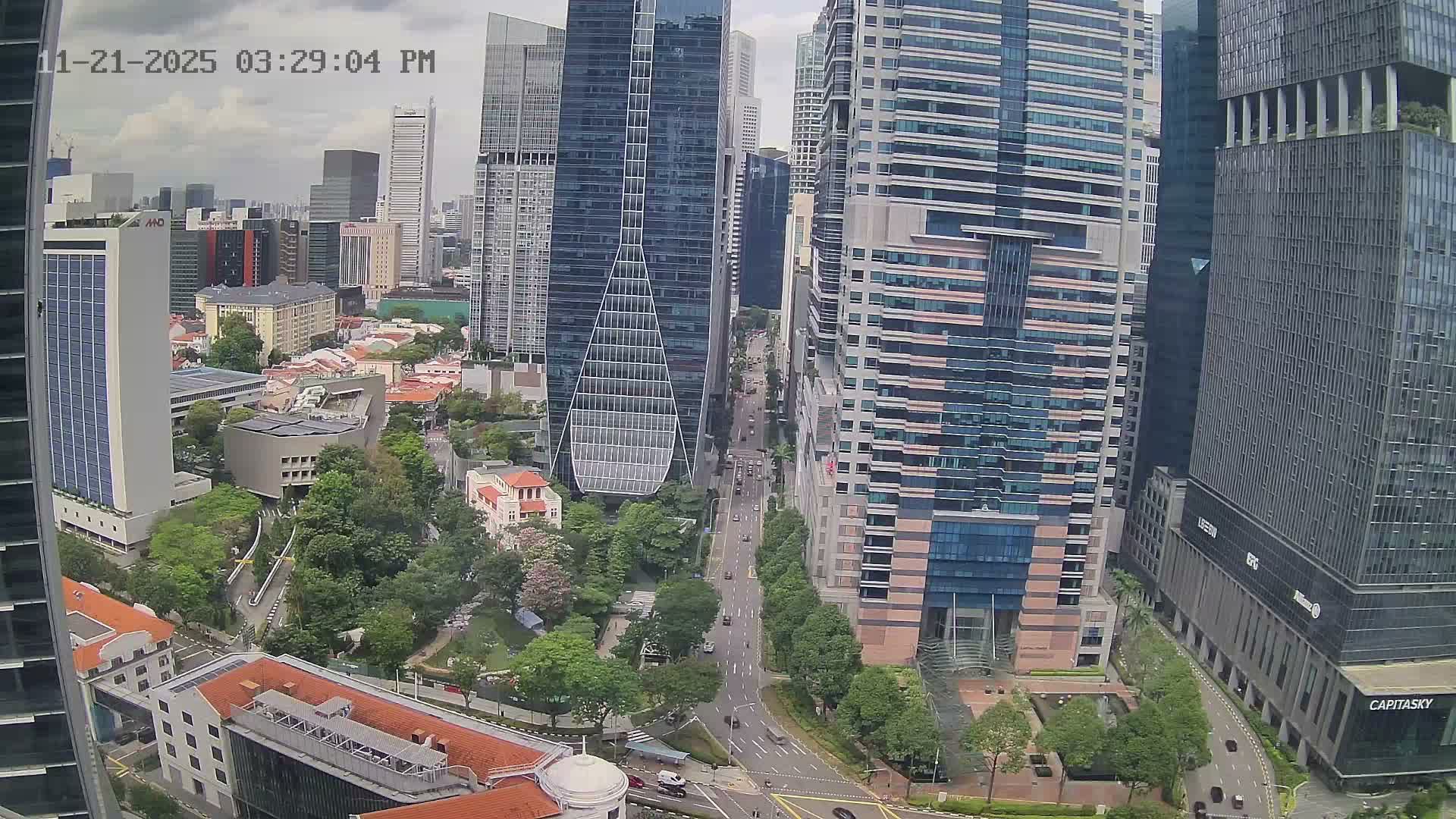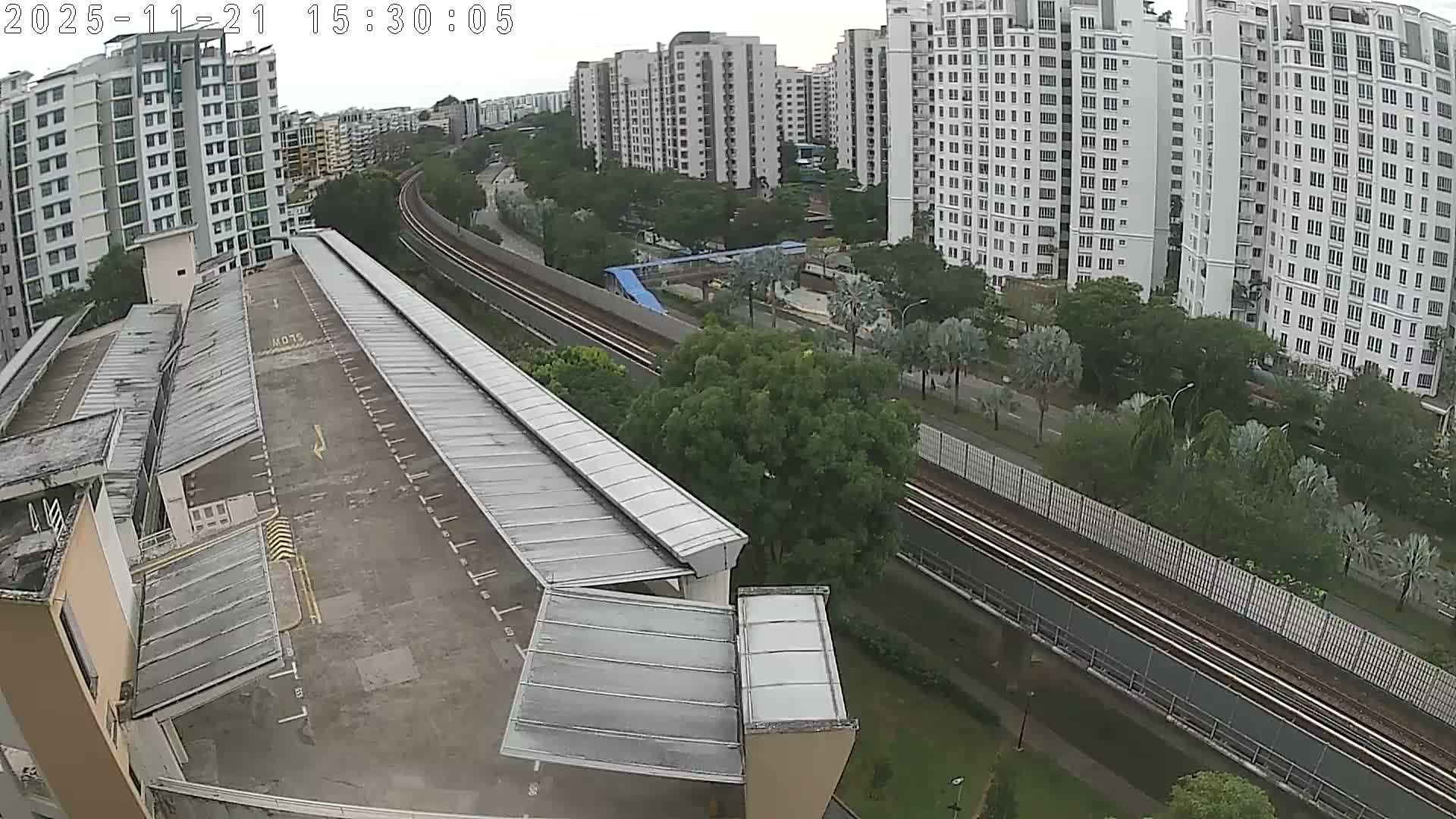Singapore Boosts 2025 GDP Forecast to 4% Amid Strong Q3 Growth & AI Demand; Cautions on 2026 Tariffs
 Singapore
Economy
Singapore
Economy

Singapore raises 2025 GDP forecast to 4% after strong Q3 driven by AI demand and global resilience. Officials warn of slower 2026 growth due to US tariffs.
Singapore Boosts 2025 GDP Forecast Amid Strong Q3 Performance and AI-Driven Demand
Singapore's economic outlook for 2025 has received a significant upgrade following a robust performance in the third quarter of the year. The Ministry of Trade and Industry (MTI) announced on Friday a revised Gross Domestic Product (GDP) forecast, now expecting the economy to expand by approximately 4%, a considerable jump from its earlier projection of 1.5% to 2.5%. This positive revision comes as the nation's economy registered a 4.3% year-on-year growth during the first nine months of 2025.
Q3 Growth Exceeds Expectations
The upward adjustment is primarily attributed to better-than-anticipated economic growth in the July-to-September period. Singapore's economy grew by a strong 4.2% year-on-year in the third quarter, surpassing both the official advance estimate of 2.9% and economists' Reuters poll forecast of 4.0%. On a quarter-on-quarter, seasonally adjusted basis, GDP expanded 2.4%, building on the second quarter's 1.7% increase. This impressive performance was largely fueled by a resilient global economy, stronger demand from key trading partners, a surge in semiconductor exports driven by the artificial intelligence (AI) boom, and an easing of U.S.-China trade tensions, according to the MTI.
Manufacturing, particularly electronics, played a crucial role in this growth, expanding by 6.1%. This was significantly bolstered by heightened demand for AI-related semiconductors and servers. The MTI anticipates that this demand for AI-related electronics will continue to support Singapore's manufacturing and wholesale trade sectors through the remainder of the year.
Cautions for 2026: The Shadow of Tariffs
While the immediate future appears bright, officials have tempered expectations for 2026. The MTI projects a more moderate GDP growth rate of 1% to 3% for the following year, warning that expansion is likely to cool. This anticipated slowdown is largely due to the expected more pronounced impact of U.S. tariffs on global demand, which could affect Singapore's key trading partners. The global economic uncertainty, therefore, remains elevated.
Singapore's exports to the U.S. are currently subject to a 10% baseline tariff, which is relatively low compared to some neighboring Southeast Asian nations. However, specific sectoral levies, such as a 100% tariff on branded drugs, pose a significant concern. Although the implementation of this particular tariff has been delayed to allow pharmaceutical companies time to negotiate exemptions, Prime Minister Lawrence Wong expressed worry last month about the lack of clarity surrounding how America intends to apply these sectoral tariffs, noting that trade talks with Washington are still in their very early stages.
Trade Dynamics and Monetary Policy Stance
The third quarter saw a dip in non-oil domestic exports (NODX) by 3.3%, primarily due to weaker pharmaceutical and petrochemical shipments, with exports to the U.S. falling a sharp 30.7%. However, October brought a welcome rebound, with NODX surging 22.2% year-on-year, driven by robust exports of non-monetary gold and electronic products. Despite this, shipments to the U.S. continued to decline, falling 12.5% in October from a year earlier.
Looking ahead, the Monetary Authority of Singapore (MAS) is widely expected to maintain its current monetary policy stance at its next meeting in January. This decision aligns with the assessment of stable economic performance and subdued inflation, as indicated by Lloyd Chan, a strategist at MUFG Bank. The central bank had already kept its policy unchanged during its final review of 2025 in October, noting that consumer price inflation rose a modest 0.7% in September, well within its annual estimate of 0.5% to 1%.


